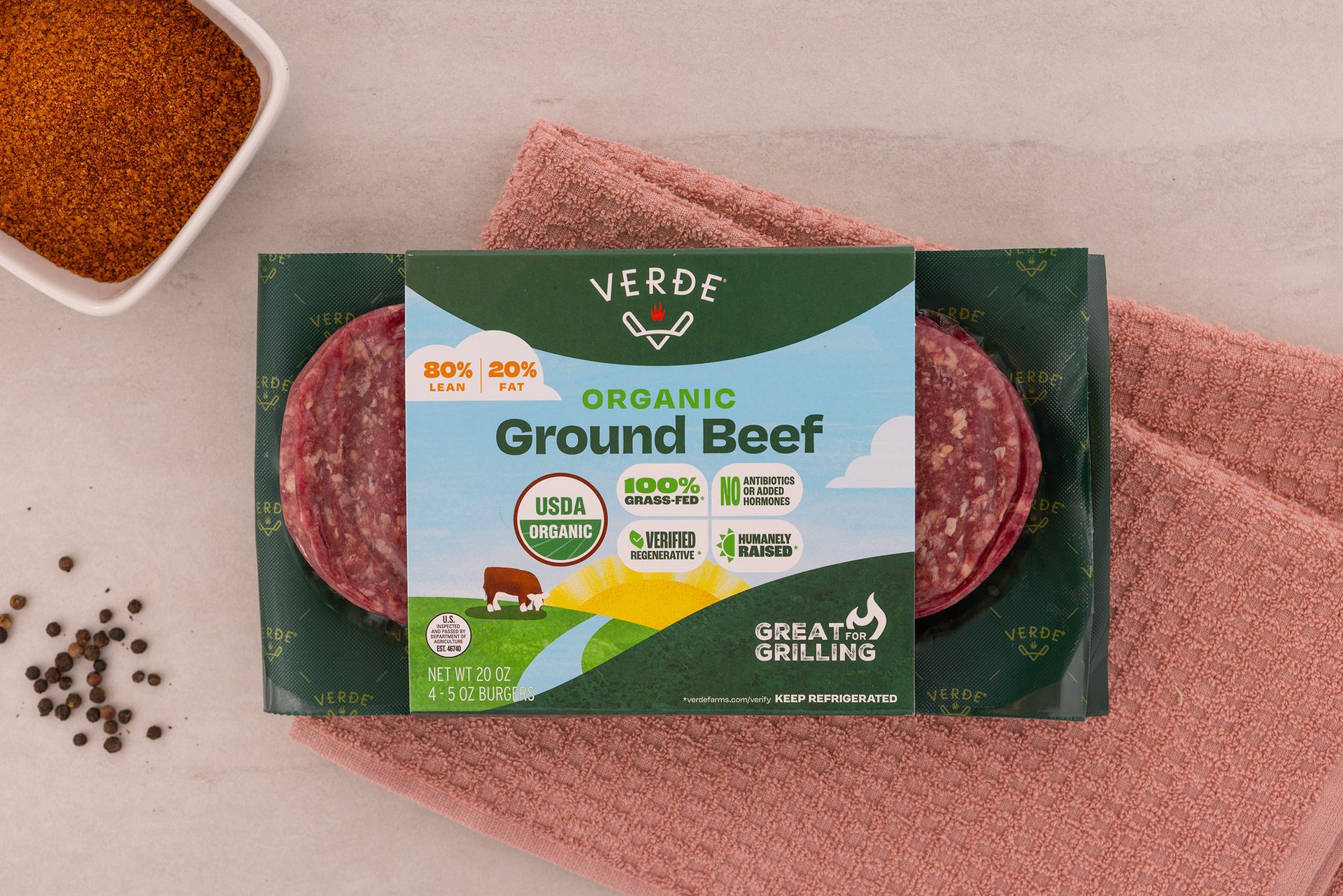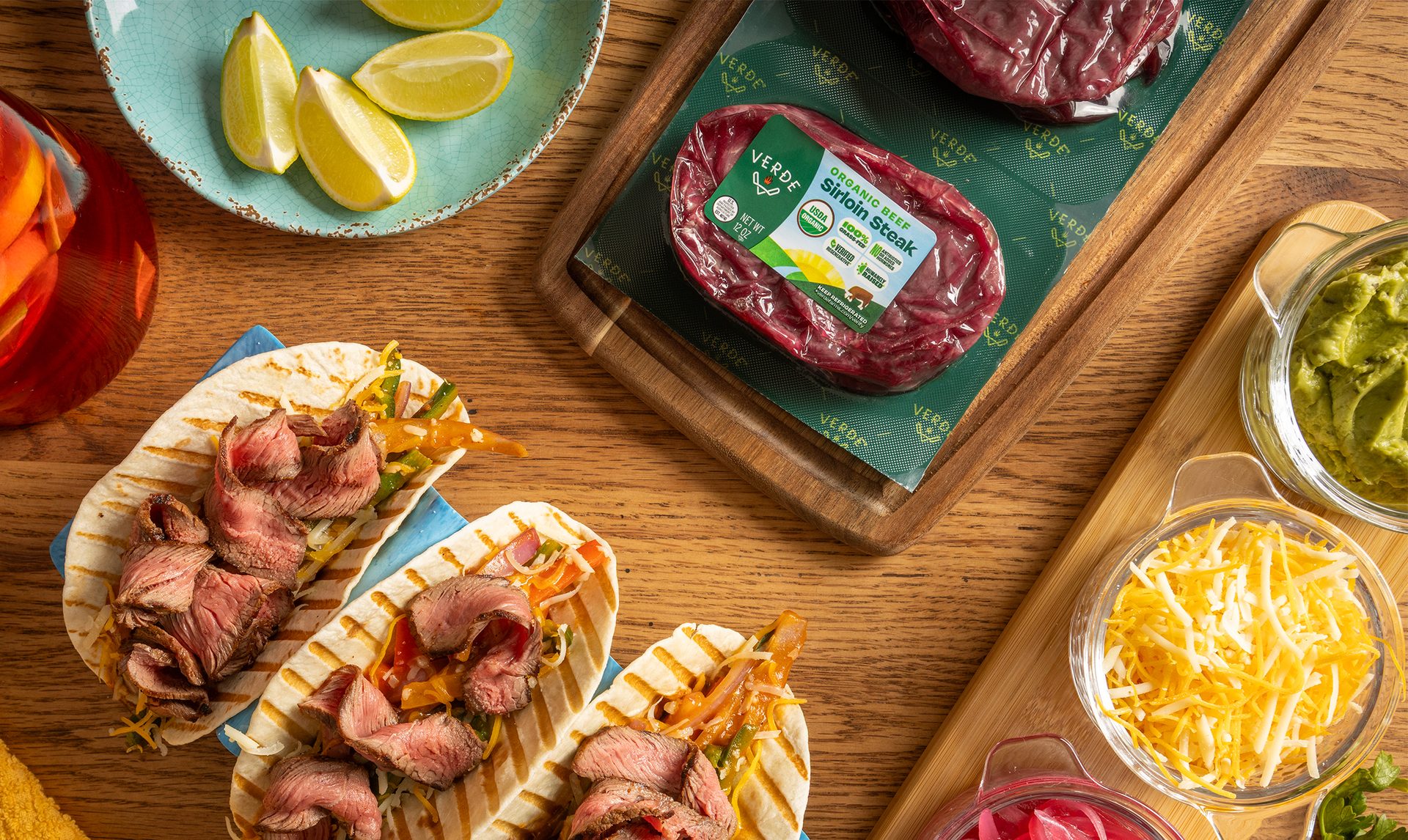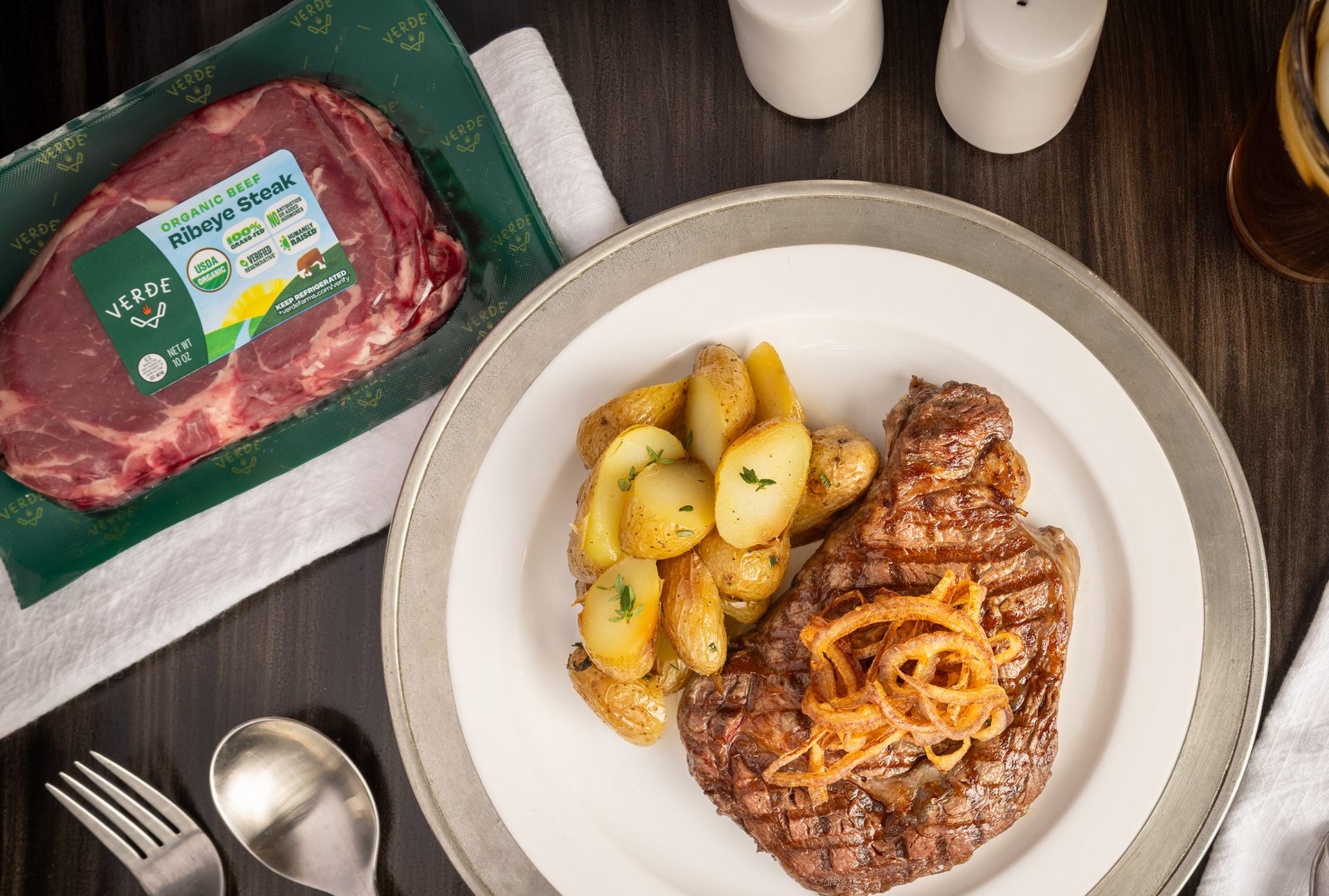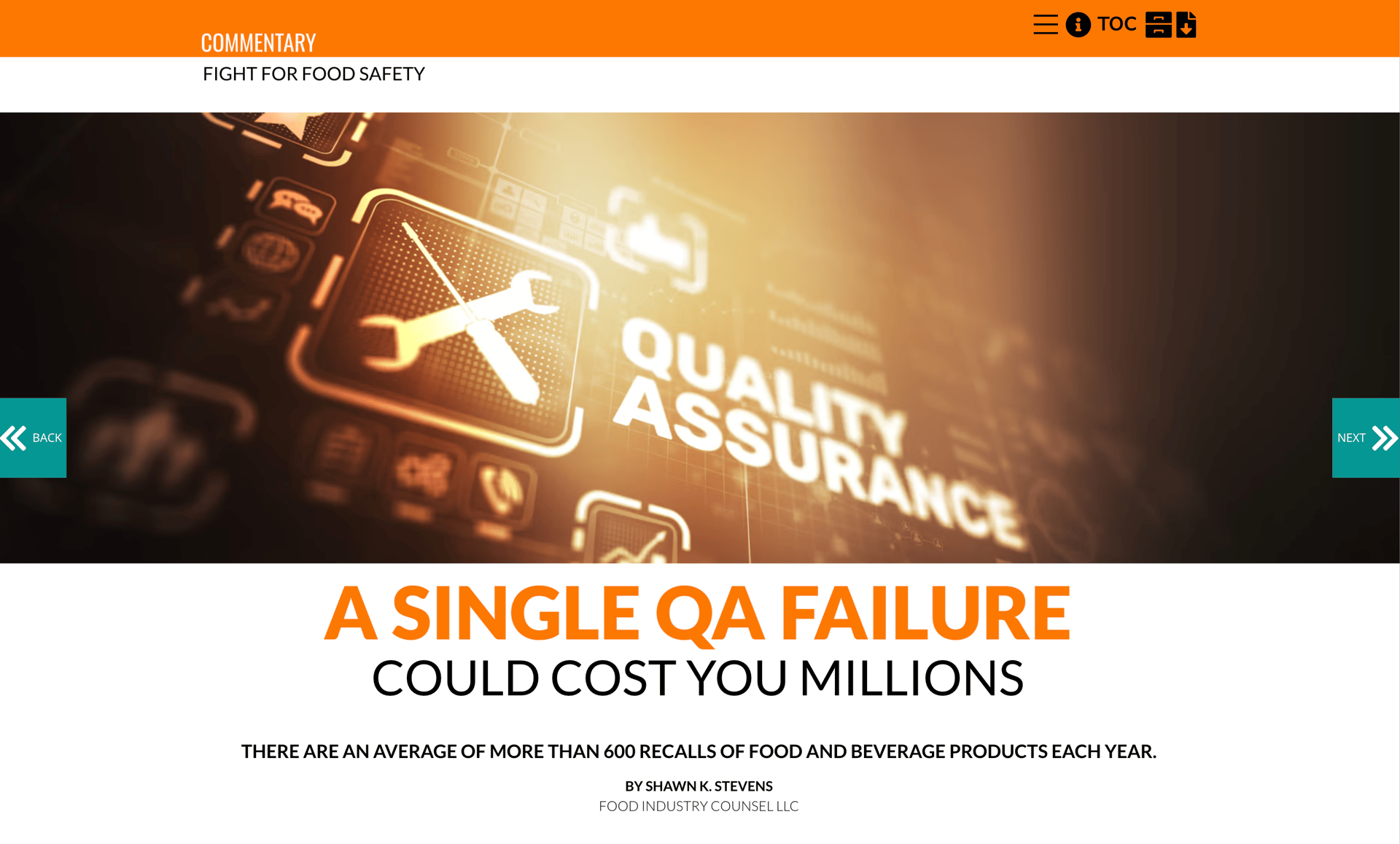special report
Natural & Organic
Discerning consumers
drive demand for natural and organic meat products
Natural and organic products in particular are in a position to capitalize on the farm-to-fork movement.
Associate Group Editor
By Sammy Bredar
Today’s consumer is more discerning than ever before. As shopper interest in food production practices rises, the natural and organic meat categories are in a position to grow. The health and wellness movement continues to gain interest, particularly with the rise of GLP-1 medications. To today’s consumer, wellness means much more than high protein content and strong nutritional value; wellness encapsulates animal-raising practices, production techniques and the entire supply chain from farm to fork.
Natural and organic products in particular are in a position to capitalize on the farm to fork movement, as their production practices already align with consumer values. According to Research and Markets, the organic meat products market will grow from $17.65 billion in 2024 to $18.85 billion this year, helped by increasing availability and accessibility for consumers. Once perceived more as luxury categories, natural and organic meat products are now everyday purchases for consumers.
By 2033, the organic meat market is projected to grow to $54.87 by 2033, according to Business Research Insights. The report noted that COVID particularly served as a catalyst for the natural and organic meat categories, driving consumer interest in the nutritional benefits for a product, overall consumer health, as well as environmental and production concerns in the food supply chain. These consumer interests have strongly propelled the natural and organic categories.
Organic beef producer Verde Farms is specifically seeing strong growth in organic, grass-fed and humanely raised beef, mostly driven by shoppers wanting clean ingredient labels, better-for-you options and sustainability attributes. To get a deeper insight on the natural and organic category, we consulted with Verde Farms Senior Director of Marketing, Kirstyn Lipson.

Verde Farms burgers in the package.
The National Provisioner: As consumers prioritize health and wellness, are you seeing increased demand for natural and organic meat products?
Kirstyn Lipson: Absolutely. Health-conscious shoppers are looking beyond calories and fat content—they want to know how their food was raised and what’s in it. We’ve seen consistent growth in demand for organic, 100% grass-fed, and humanely raised beef, driven by consumers seeking clean labels, sustainability, and better-for-you options. Organic, in particular, is resonating with families looking to reduce exposure to pesticides, forever chemicals, hormones, and antibiotics.

Verde Farms sirloin steak.
The National Provisioner: How is consumer sentiment changing regarding natural and organic meat products?
Kirstyn Lipson: There’s a growing shift in consumer expectations around meat quality. Organic was once niche, but now it’s become baseline expectations for a large and growing better-for-you segment. Consumers are increasingly associating organic with better health, higher quality, and environmental responsibility. While "natural" still appeals, many shoppers are now asking deeper questions, seeking out products that are not only minimally processed, but also have more robust qualifications and are certified, verified, and ethically sourced.
The National Provisioner: Why should consumers understand the difference between natural and organic? What does that difference mean for consumers?
Kirstyn Lipson: It’s an important distinction. “Natural” means a product is minimally processed with no artificial ingredients, but it doesn’t speak to how the animal was raised. “Organic” goes much further. It means the animal was raised on organic land (farmed without pesticides); never given antibiotics, GMOs, or added hormones; and was fed a 100% organic diet. Both the farm and the manufacturing facility have to be USDA-certified organic for a product to be labeled organic. For consumers, this difference matters. Choosing organic means greater peace of mind. It’s a more holistic commitment to health, environment, and ethical practices.

Verde Farms ribeye.
The National Provisioner: How can the industry further engage consumers to get them into the natural and organic categories?
Kirstyn Lipson: Education and transparency are key. Consumers need help understanding what these claims mean and why they matter. Storytelling through packaging, social media, and in-store communication can make a big difference. Highlighting the benefits of organic beef, the nutritional value of 100% grass-fed beef, and the positive impact on animal welfare and the planet helps bring these values to life.
The National Provisioner: What future do you see for natural and organic meat products — next two to five years?
Kirstyn Lipson: The future is bright and accelerating. We anticipate continued growth in the organic segment, driven by younger consumers who are deeply invested in health, sustainability, and ethical food systems. As more shoppers connect food choices with broader impact, we expect organic and even regenerative beef to move further into the mainstream. Brands that offer transparency, purpose, and a consistent quality product like Verde Farms are well positioned to lead that evolution.
All images credit: Verde Farms

